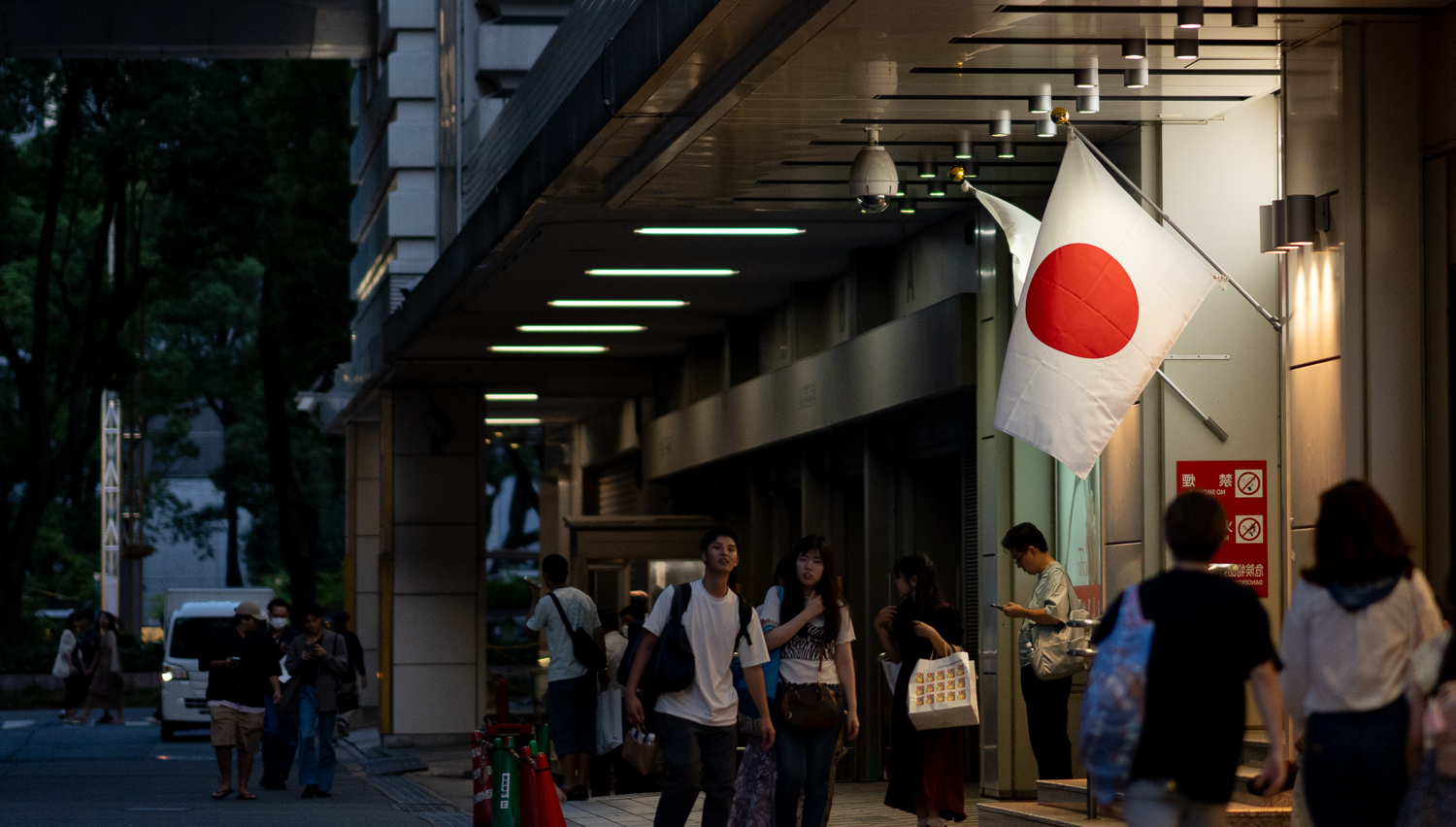Japan’s international relations have changed since World War II. Having initially focused on restoring relations with the United States, the Japanese government now tends to follow them. Key issues with Asian neighbors, however, remain unresolved—including relations with North Korea, the disputed Northern Territories, and the use of comfort women and forced labor during the war.
Domestically, the government has enacted a State Secrecy Law and a Conspiracy Law, and there is concern that freedom of press has declined. The sections in the Constitution that renounce war have been re-interpreted to authorize the right to collective self-defense. Priority has been given to improving the economy while environmental and human rights concerns remain.
Separation of state and religion has been preserved in local governments, where spending on Shinto shrines is considered unconstitutional. Yet in 2019, during the enthronement ceremonies of the new emperor, the national government used 2.44 billion yen (22 million USD) of public funds for the Daijōsai, the most significant ceremony of Shinto.
Some people are also concerned that patriotic education in Japanese schools, the compulsory use of the national flag and anthem, and visits to significant Shinto shrines by the prime minister and other politicians may indicate the rise of ethnic nationalism.













